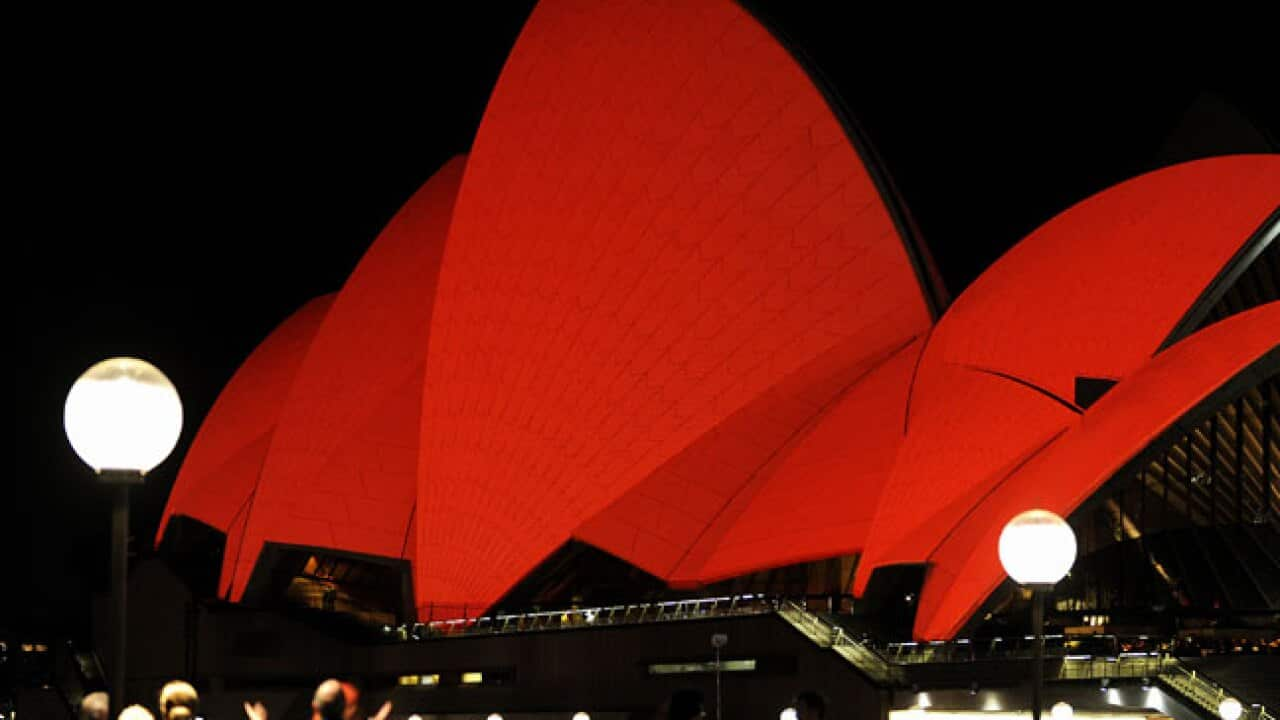HIV/AIDS campaigners say despite advances in medical treatments since the 1990s, there is still 'a huge amount of work' to be done before the disease stops being a problem in Australia.
Jose Mercado was first diagnosed with HIV in the early 1990s.
“I remember the suburb, the office, the building, the hour of the day, everything. Those things get ingrained into your memory,” he says. “They don't disappear.”
He and his partner saw the doctor on the same day. They got their results together.
“It came as quite a shock. Of course, for the doctor it wasn't easy either because he had to actually tell two people at the same time they both had the same virus.”
Twenty years ago, he says, being diagnosed with HIV was perceived as a death sentence. And for many, it was.
“It was totally seen as something that was incurable, that you had for the rest of your life and above all something that you were going to die from fairly soon.
“Back then, it was maybe what would happen because I did lose a lot of my friends, including my partner at the time.”
Dramatic improvements in treatments since the late 90s mean HIV is now regarded as a chronic but manageable disease.
Mr Mercado describes the range of present-day treatments as "wonderful" in comparison.
“In the late 80s and early 90s, the medication and treatments just weren't there," he says.
"There was, I think, one drug out around that time which was AZT. AZT is incredibly toxic when used by itself.
“When it first came out, it was actually more toxic as the disease itself."
Many myths and misconceptions still exist, he adds, including the incorrect belief that HIV is slowly 'going away'.
According to the Australian Federation of AIDS Organisations, the annual number of new HIV diagnoses has gradually increased since 1999.
Last year, 1,137 people were newly diagnosed with HIV in Australia. Researchers believe around 20 to 30 per cent of those infected do not know they have it.
Sydney woman Diane Nyoni had been HIV positive for eleven years before doctors diagnosed her illness in 2011.
She says part of the stigma attached to HIV is the misconception it is only a concern for the gay community.
“Quite often, as women we feel safe in our marriage and we feel safe in our relationships and then we don't feel we have to be tested," she says.
“And then doctors probably wouldn't identify red flags because they would not put us in what they deem as a high risk bracket.”
Ms Nyoni is an Ambassador for World AIDS Day, on December 1st. She hopes her role in speaking publically about HIV will help break down some of the persisting stereotypes.
“When I was diagnosed, the hospital staff and everybody was telling me to take care of myself and be quiet about my status.
“[But] the only way to break the discrimination and the stigma that's attached is to speak openly.”
Jose Mercado says despite improvements in treatment, there's still “huge amounts of work” that need to be done in both reducing stereotypes and with further medical advances.
“And to work towards and maybe achieve one day a zero infection rate,” he says. “Because that would be the ultimate.”
Share

